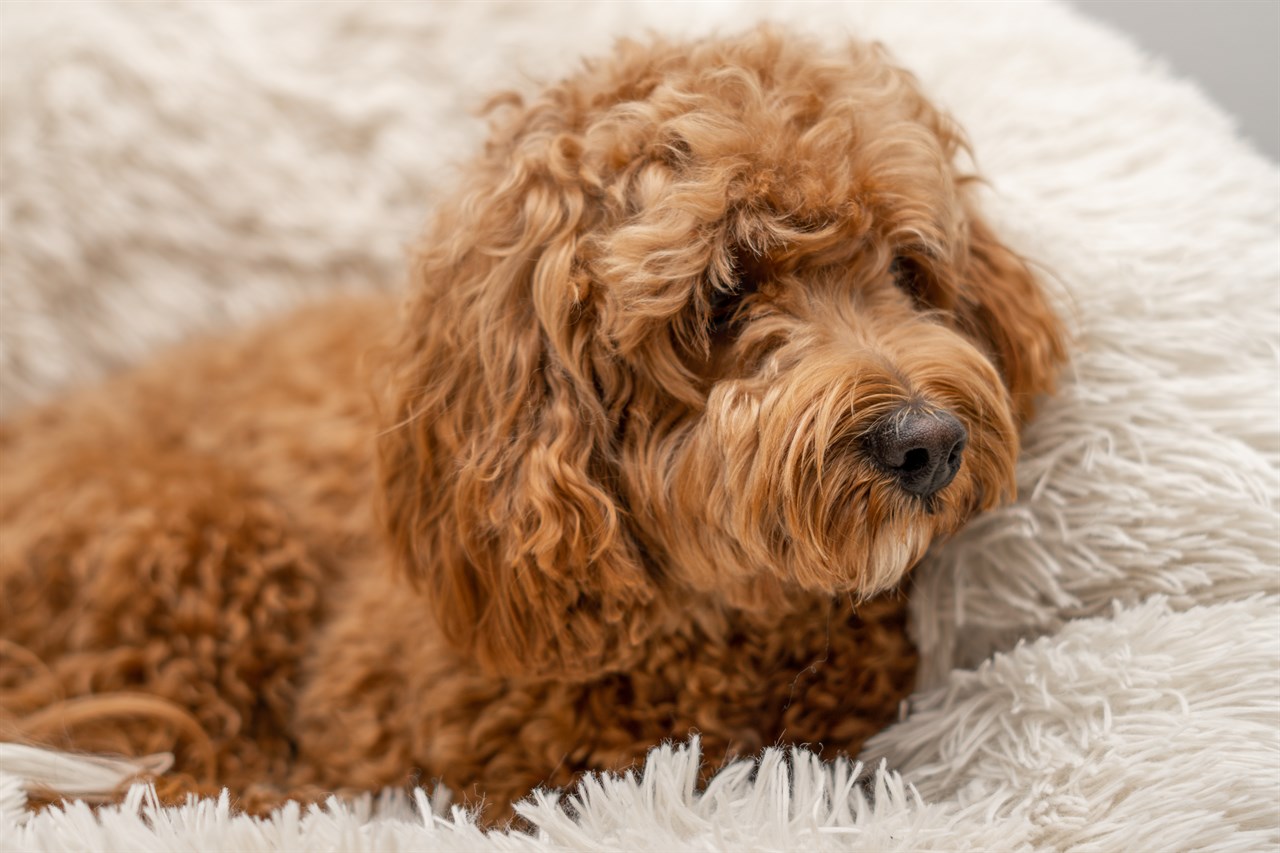Shedding Characteristics of the Cavoodle: A Low-Shedding Breed

Cavoodles, often sought after by those who prefer a pet with minimal shedding, are considered a low-shedding breed thanks to their Poodle heritage. Here's a closer look at their shedding characteristics and some tips for managing any shedding that may occur.
Do Cavoodles Shed a Lot of Hair?
No, Cavoodles do not shed a lot of hair. Their low-shedding nature is one of the primary reasons they are favoured by individuals with allergies or those who simply prefer a cleaner home. Shedding in Cavoodles is minimal because of the influence of Poodles, who have hair rather than fur. Instead of shedding hair like most breeds, they retain their hair, similar to human hair growth.
It's important to note that while Cavoodles are low-shedding, they are not entirely hypoallergenic. All dogs produce allergenic proteins to some extent, but the reduced shedding in Cavoodles often makes them a better choice for people with allergies compared to breeds that shed more extensively.
How Do I Stop My Cavoodle from Shedding?
While you can't entirely stop your Cavoodle from shedding (as it's a natural process for all dogs), you can take steps to minimise shedding and keep their coat healthy:
- Regular Brushing: Brush your Cavoodle's coat regularly, ideally every few days. This helps remove loose hair and prevents mats and tangles. Use a slicker brush or a pin brush, depending on the coat's texture.
- Professional Grooming: Consider professional grooming every 6 to 8 weeks to maintain their coat. Groomers can trim their hair to your desired length and keep it in optimal condition.
- Quality Diet: Feed your Cavoodle a high-quality dog food that supports healthy skin and coat. Consult your veterinarian for recommendations on the best diet for your specific dog.
- Hydration: Ensure your Cavoodle stays well-hydrated, as dehydration can affect the health of their skin and coat.
- Regular Baths: Give your Cavoodle baths as needed, but not too frequently, as over-bathing can dry out their skin and potentially lead to more shedding.
- Consult a Vet: If you notice an increase in shedding that seems unusual, consult with your veterinarian. It could be a sign of an underlying health issue that needs to be addressed.
- Control Allergens: If you or someone in your household has allergies, consider using air purifiers, vacuuming regularly, and washing your Cavoodle's bedding to minimise allergens in your home.
Remember that shedding is a natural process for all dogs, and even low-shedding breeds like Cavoodles will have some hair fall out. By following these tips and maintaining a consistent grooming routine, you can manage shedding effectively and enjoy a cleaner and healthier environment with your beloved Cavoodle.